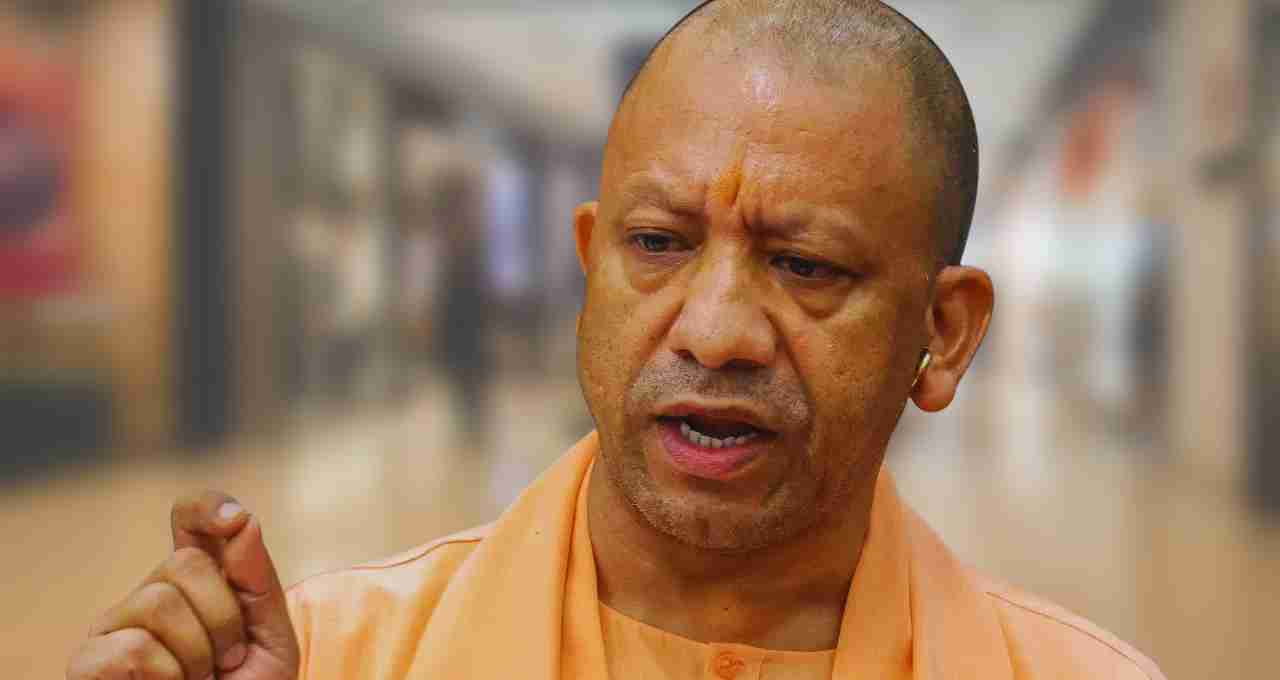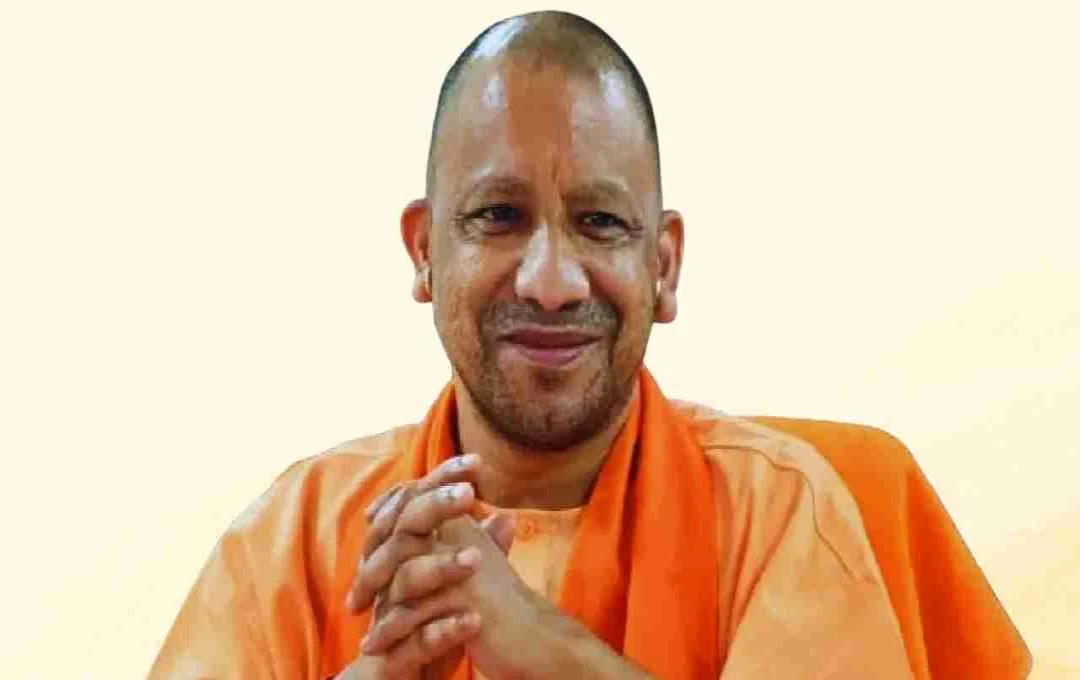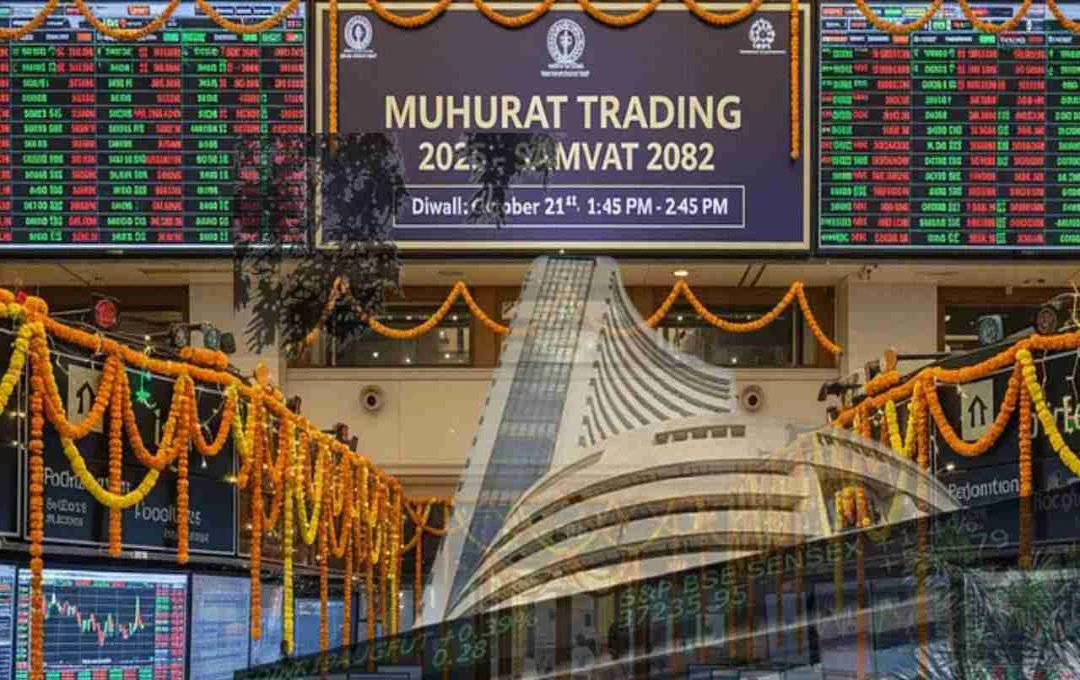The UP government has approved the UP ECMP 2025 policy to boost electronics manufacturing. This will attract an investment of ₹5,000 crore, create millions of jobs, and turn the state into a global hub for devices like TVs, laptops, and camera modules.
Lucknow: In a historic decision, the Uttar Pradesh government on Tuesday approved the UP Electronics Component Manufacturing Policy-2025 (UP ECMP 2025). This decision was taken in a cabinet meeting chaired by Chief Minister Yogi Adityanath with the objective of making the state a global electronics manufacturing hub. Under this policy, the production of 11 key electronic components, including displays, camera modules, and multilayer PCBs, will be increased over the next 6 years.
UP ECMP 2025 is expected to attract an investment of approximately ₹5,000 crore and generate millions of direct and indirect employment opportunities. The policy will be implemented in line with the Central Government's Electronics Component Manufacturing Scheme (ECMS).
Investment and Employment Opportunities from the Policy
The implementation of UP ECMP 2025 is expected to bring an investment of about ₹5,000 crore into the state. Additionally, the policy will create millions of direct and indirect employment opportunities. Entrepreneurs under the policy will be provided additional incentives over and above the central government's scheme, which will strengthen Uttar Pradesh's existing electronics ecosystem and make the state a preferred destination for investors.
Chief Minister Yogi Adityanath stated that this policy will create employment opportunities for the youth and also boost the state's economic growth rate. This will enable Uttar Pradesh to become a leader in electronics production not only at the national but also at the international level.
Increase in Camera, PCB, and Mobile Production

The policy will promote the manufacturing of displays, camera modules, and multilayer PCBs. Principal Secretary Anurag Yadav informed that there has been unprecedented growth in electronics production in the state and the country over the last eight years. In 2015, only 2 mobile units were operational, whereas now 300 mobile manufacturing units are functional.
Uttar Pradesh has become a hub for mobile production in the country, with more than half of the nation's mobile phones being manufactured here. The implementation of the policy will strengthen the supply chain in the state, promote innovation, and help the state emerge as a global electronics hub.
Stamp Duty Relief on Family Property
The cabinet has taken a historic decision to cap the stamp duty and registration fees on partition deeds for the division of family property at a maximum of ₹5,000. Currently, a 4% stamp duty and 1% registration fee are applicable.
This change will encourage people to register partition deeds without hesitation, thereby reducing the number of cases in civil and revenue courts. Furthermore, it will facilitate amicable division of property.
Increase in Revenue due to Higher Registration Numbers
Although this exemption will result in an initial revenue loss, there will be a long-term increase in revenue due to a rise in the number of registrations in the future. The policy will update Khatoni (land records) and rights records, making property more easily available in the market. Similar systems are already in place in Tamil Nadu, Karnataka, Rajasthan, and Madhya Pradesh, yielding positive results. This policy, implemented in Uttar Pradesh, will prove to be a significant step towards making the state a global center for investment and employment.








